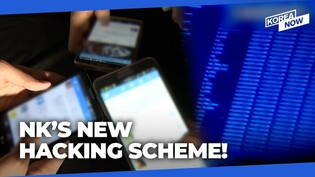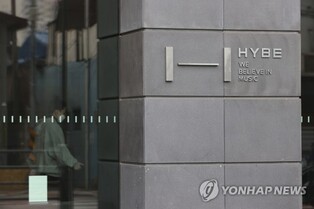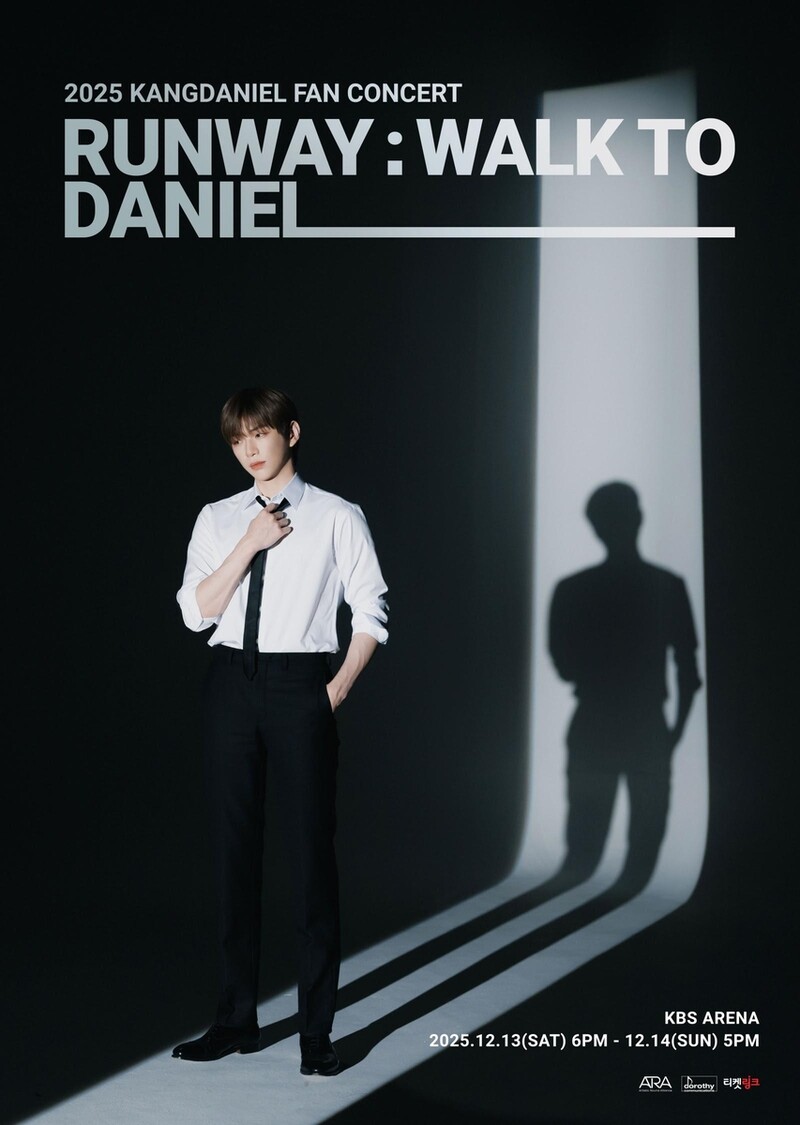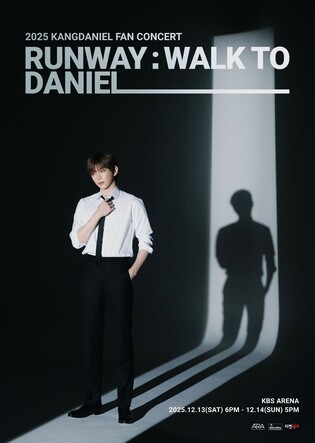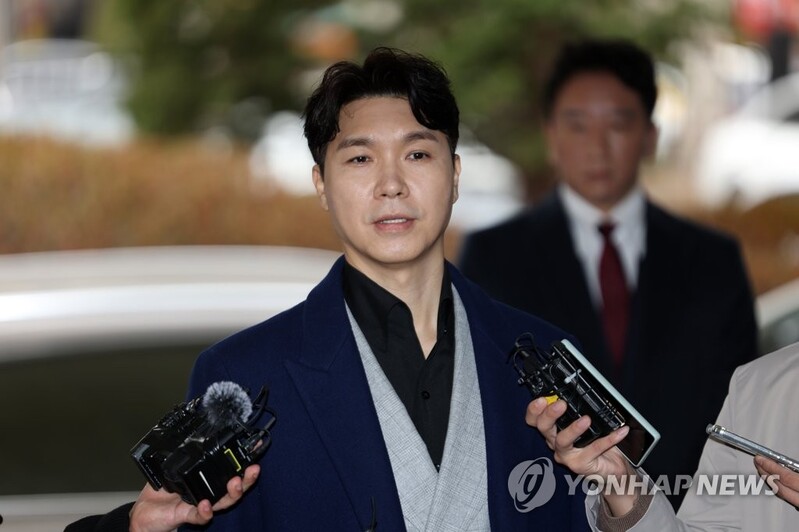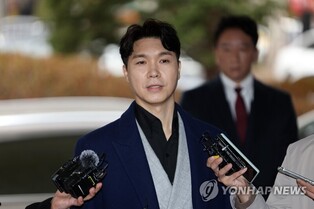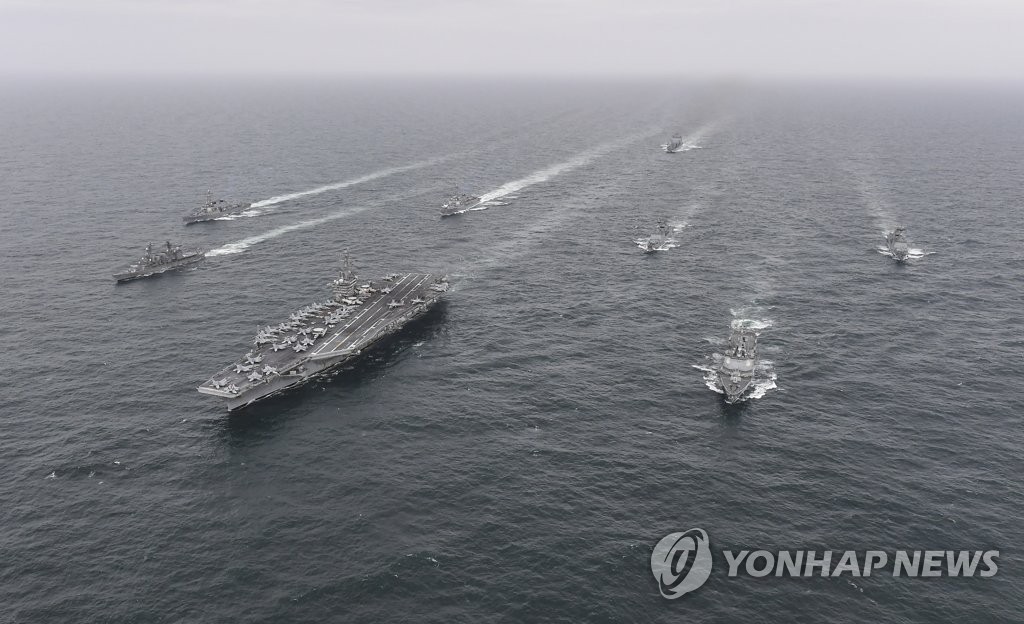 |
| ▲ The Yulgok YiYi destroyer of South Korea, the U.S. Navy nuclear-powered aircraft carrier USS Nimitz and the JS Umigiri destroyer of Japan sail in the international waters south of the southern island of Jeju on April 4, 2023, in this file photo released by the South Korean Navy. (PHOTO NOT FOR SALE) (Yonhap) |
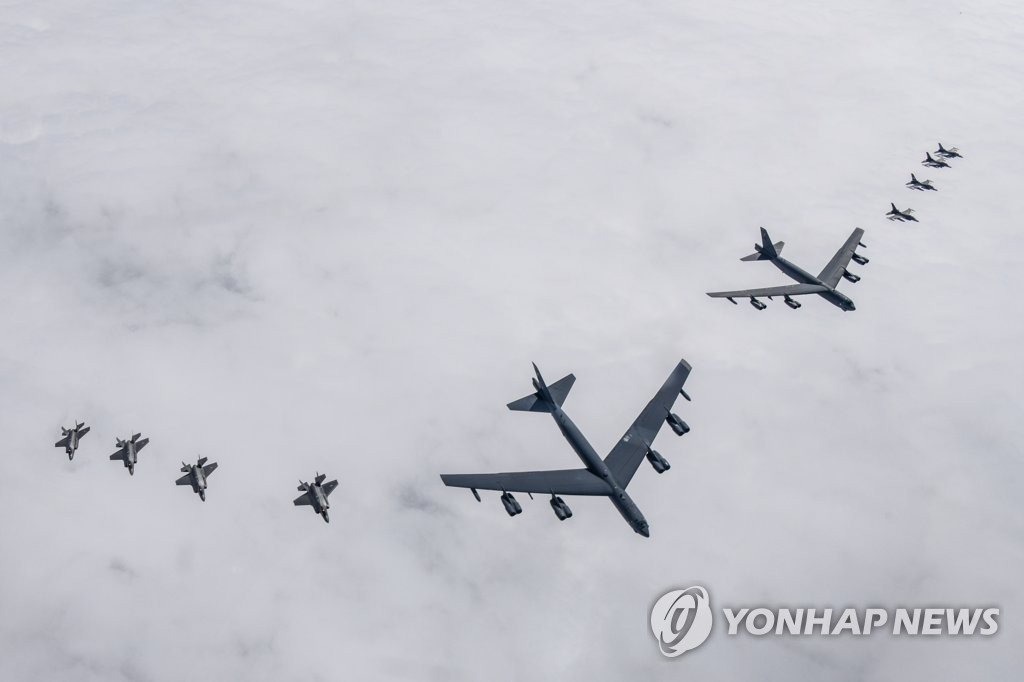 |
| ▲ South Korean and U.S. Air Forces stage air drills, involving B-52H strategic bombers and F-35A fighters from the U.S., and F-16 fighters from South Korea, over the Korean Peninsula on April 14, 2023, in this file photo released by Seoul's defense ministry. (PHOTO NOT FOR SALE) (Yonhap) |
(News Focus) S Korea-US-nuclear deterrence
(News Focus) S. Korea-U.S. nuclear dialogue mechanism likely to ease doubts over America's security commitment: experts
By Chae Yun-hwan and Song Sang-ho
SEOUL, April 26 (Yonhap) -- The envisioned creation of a South Korea-U.S. nuclear consultation body is expected to help assuage nagging doubts over America's security commitment to the Asian ally, as it would allow a degree of Seoul's involvement in Washington's nuclear policy, analysts said Wednesday.
The plan to institute the Nuclear Consultative Group (NCG) will be included in the "Washington Declaration" that Presidents Yoon Suk Yeol and Joe Biden will adopt during their White House summit set for Wednesday (Washington time), according to a U.S. official.
The NCG would mark a culmination of the allies' efforts to enhance the credibility of Washington's "extended deterrence" commitment in the face of North Korea's advancing nuclear and missile threats despite the caveat: any final decision on the operation of nuclear assets rests with the U.S., analysts said.
"The NCG appears intended in part to address questions over the credibility of the U.S.' extended deterrence based on the understanding that the allies need a mechanism for higher-level, deeper, broader consultations (on nuclear deterrence)," Park Won-gon, professor of political science at Ewha Womans University, said.
"What matters is how the allies will operate it going forward, and it remains to be seen whether it would bring about a substantive effect," he added.
Extended deterrence refers to the U.S.' commitment to using the full range of its military capabilities, including nuclear, to defend its ally.
The NCG will provide South Korea "additional insight" into "how we think about planning for major contingencies" and is modeled after what the U.S. did with European allies at the height of the Cold War, the U.S. official told reporters, requesting anonymity.
He appeared to be referring to the North Atlantic Treaty Organization's Nuclear Planning Group (NPG) -- a body that Seoul officials had long craved for, given NATO allies' close-knit coordination with the U.S. on nuclear policy.
Seoul's pursuit of such a consultation platform stemmed from concerns that Pyongyang's evolving nuclear and missile capabilities would keep American forces at bay, as Washington's move to come to the aid of its ally could risk a North Korean attack.
Those concerns further deepened amid a sense that the U.S. could dither on engaging in a new conflict while being heavily consumed with its rivalry with China and other global issues, like the war in Ukraine. The perceived undercurrents of isolationist tendencies in the U.S., as seen in the era of former President Donald Trump, added to such worries.
Seoul and Washington already have bodies on deterrence, such as the Extended Deterrence Strategy and Consultation Group and the Deterrence Strategy Committee.
Unlike those bodies on broader deterrence matters, the NCG will focus on nuclear and strategic planning issues, according to the Washington official.
Nam Chang-hee, professor of international politics at Inha University, said Seoul's involvement at Washington's nuclear planning stage would be meaningful.
"Like the path dependency theory, how things start will affect how things will shape up to be in the end," he said, referring to the theory under which what happened in the past has an enduring influence due to resistance to change.
He added that with the NCG enabling Seoul to have a voice in U.S. nuclear policy, it would raise the credibility of the U.S. nuclear umbrella and thus put "psychological" pressure on Pyongyang.
But there are caveats in the NCG.
Like in the NPG, the U.S. has sole authority in the final decision to use its nuclear weapons. Unlike the NATO architecture, there will be no tactical nuclear weapons deployed to Korea.
"Despite these constraints, European countries acceded to that NPG platform, as it would reduce the risks of the abandonment and entrapment problem," Nam said. "This would reduce the risks of the U.S. conducting a unilateral military strike (against a shared enemy) or fleeing away from and abandoning its allies."
The NCG appeared to be preordained, as the defense chiefs of the allies already agreed last year on four categories of extended deterrence cooperation, information sharing, consultation process, joint planning and execution.
The NCG plan comes amid a heated public debate here over whether South Korea should pursue its own nuclear armament or ask the U.S. to redeploy tactical nuclear arms to the Korean Peninsula.
The NCG could help ease such a debate, as it is expected to pave the way for the allies' deeper consultations over the operation of U.S. nuclear assets, observers said.
The growing talk of the South's nuclear armament has been a source of concern for Washington, keen on maintaining the global non-proliferation regime. Seven out of 10 South Koreans supported the country independently developing nuclear weapons, according to a Gallup Korea poll released in January.
Apparently reflecting the concern, the Washington Declaration will include Seoul's reaffirmation of a commitment to its obligations under the Nuclear Non-Proliferation Treaty, according to the U.S. official.
"I will be crystal clear. There is no vision of returning U.S. tactical or any other kind of nuclear weapon to the Korean Peninsula as there was in the Cold War," a U.S. official said.
But he added the U.S. plans to take steps to make deterrence "more visible" through the regular deployment of strategic assets, such as a U.S. nuclear ballistic missile submarine visit to Korea, which has not happened since the early 1980s, as well as strengthening exercises and other activities to better deter North Korean threats.
The regular dispatch of the submarine will be yet another deterrence program for the allies, as Pyongyang has been doubling down on an apparent program to secure what analysts called the "second strike" capabilities, or nuclear retaliatory capabilities.
(END)
(C) Yonhap News Agency. All Rights Reserved

















